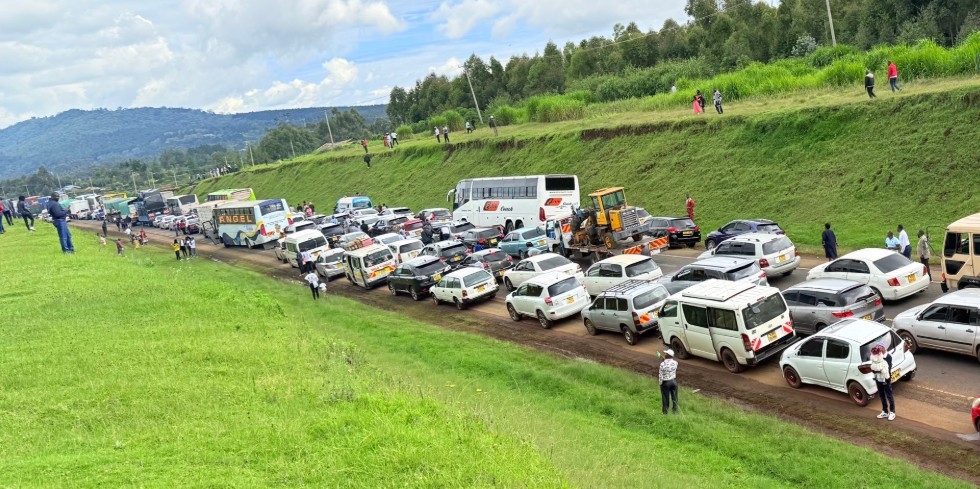When the Covid-19 pandemic hit the world and by extension Kenya, the then president Uhuru Kenyatta introduced the Kazi Mtaani program.
During its launch, he said it would cushion Kenyans against the tough economic times that came with the quarantine restrictions.
From the Kazi Mtaani program, over 280,000 youths were hired and paid.
But after his inauguration on September 13, President William Ruto ended the program and instead changed it to a Tree planting initiative.
However, Ruto's withdrawal from the programme has attracted backlash with leaders calling for its renewal.
Nairobi Governor Johnson Sakaja joined those who are imploring the president to re-introduce the programme.
He said when the program was still active, insecurity had reduced by 47 per cent.
"When Kazi Mtaani was there even the crime rate had reduced. The crime rate had reduced by 47 per cent. And that is why we are seeking that the President bring it back," Sakaja said.
Sakaja spoke after he commissioned the Langata Water project in South C on Monday.
"And even if it is not brought back like it was before, let us dive into the available jobs like tree planting and construction of houses," he said.
He said Kenya's work is to build businesses that will employ the youth.
"This is why we appreciate the Affordable Housing program because our youth will get jobs, and our mothers will cook and bring food to the construction site," Sakaja said.
In November, Bunge la Wananchi Calvin Okoth Gaucho said the program ought to be brought back as a youth had reverted to criminal activities for survival since its abolishment.
"The cause of insecurity is that youth have no jobs. The government should give the youth jobs to keep them engaged. President William Ruto should invest in kazi kwa vijana," Gaucho said.
Additionally, Political Analyst Mutahi Ngunyi had in October urged Ruto to look into why the program, and other subsidies, were introduced by his predecessor to cushion poor households.
The government had allocated Sh1.3 billion for the first phase while Sh2.4 billion and Sh5.6 billion were to be used for the second and third phases respectively.
The youth would show up to work to clean drainage lines, collect garbage, clean streets, grow trees and rehabilitate public facilities.
On average, each youth earned a daily wage of Sh450 while their supervisors earned Sh505 daily.












